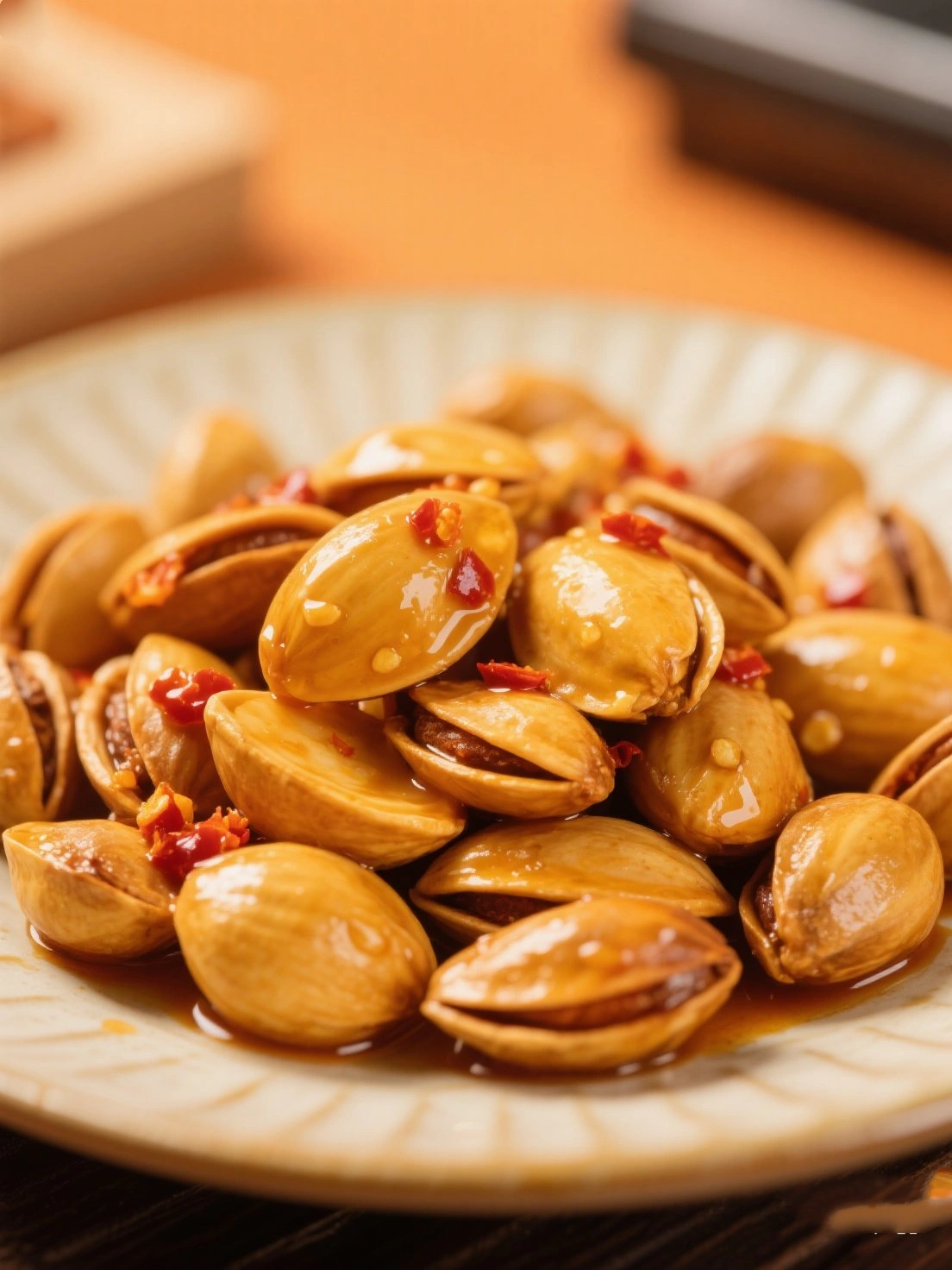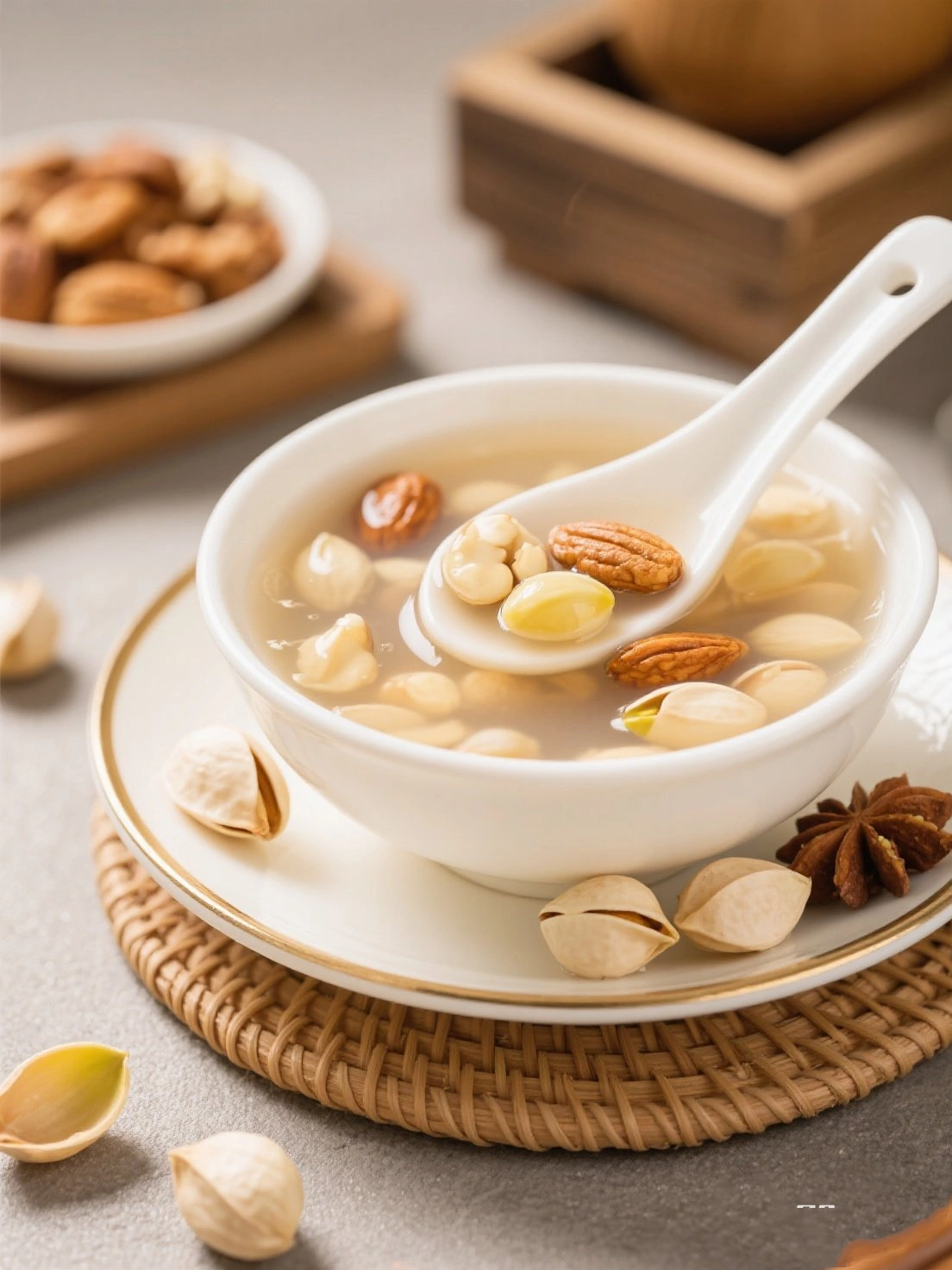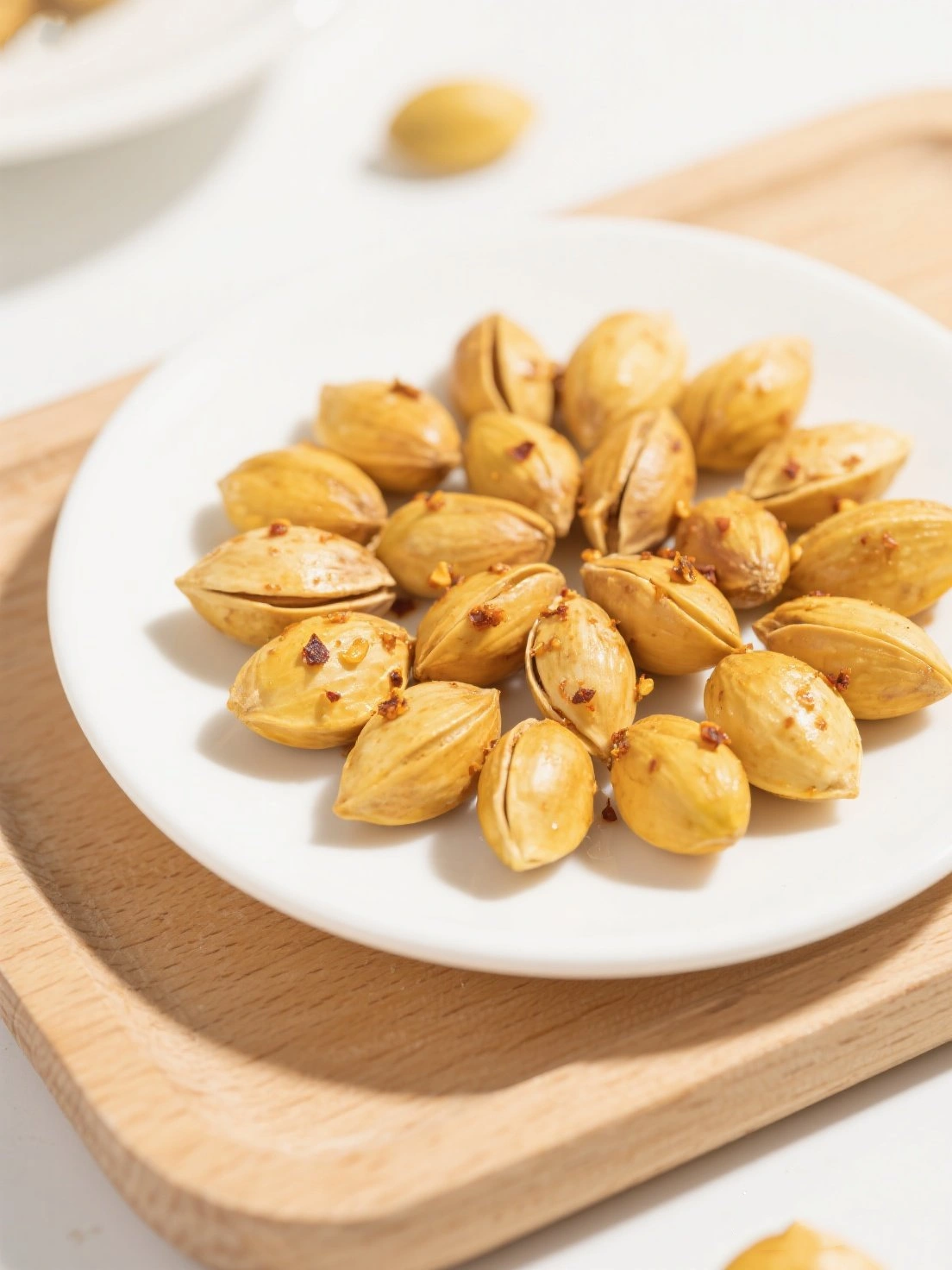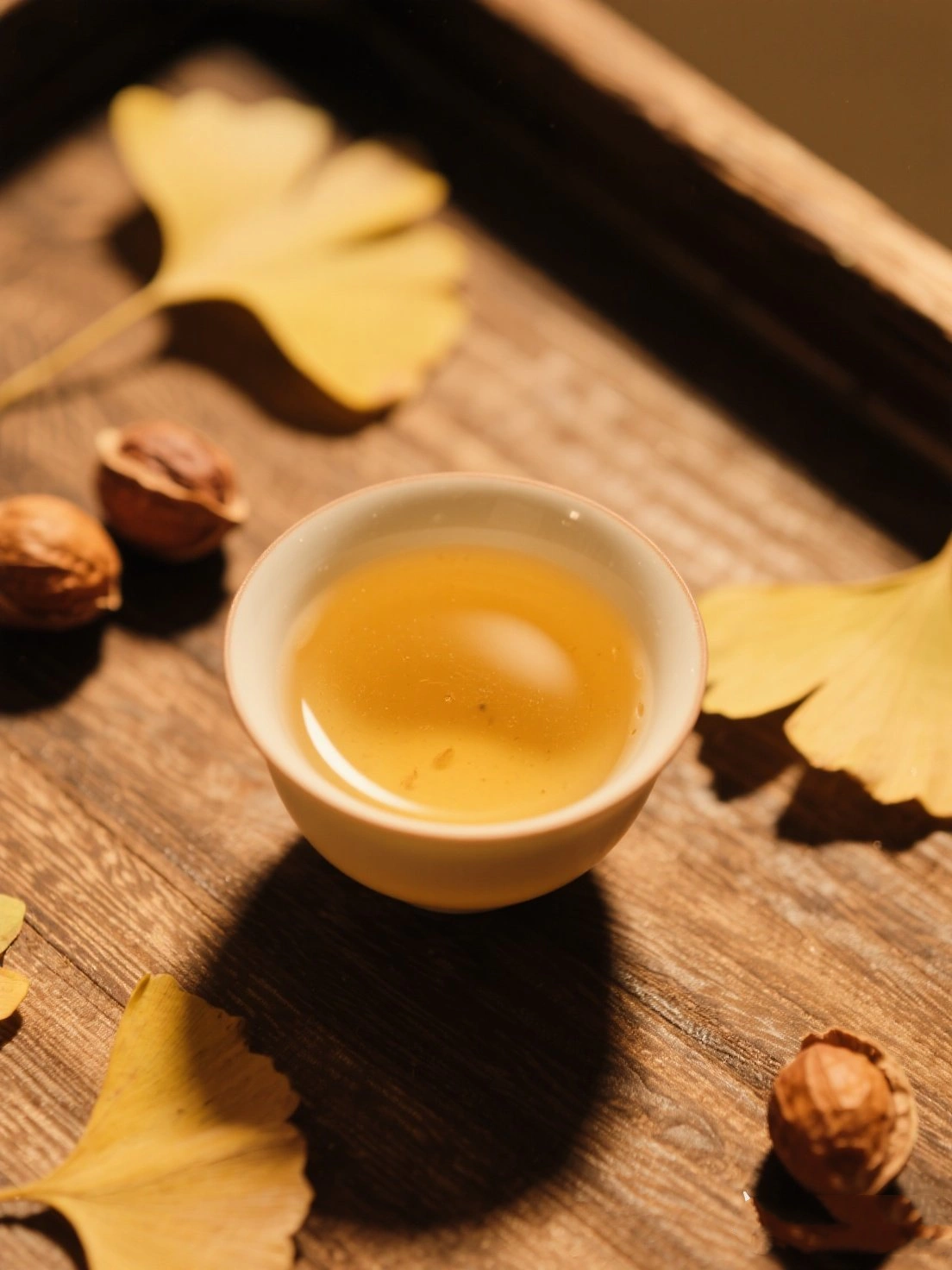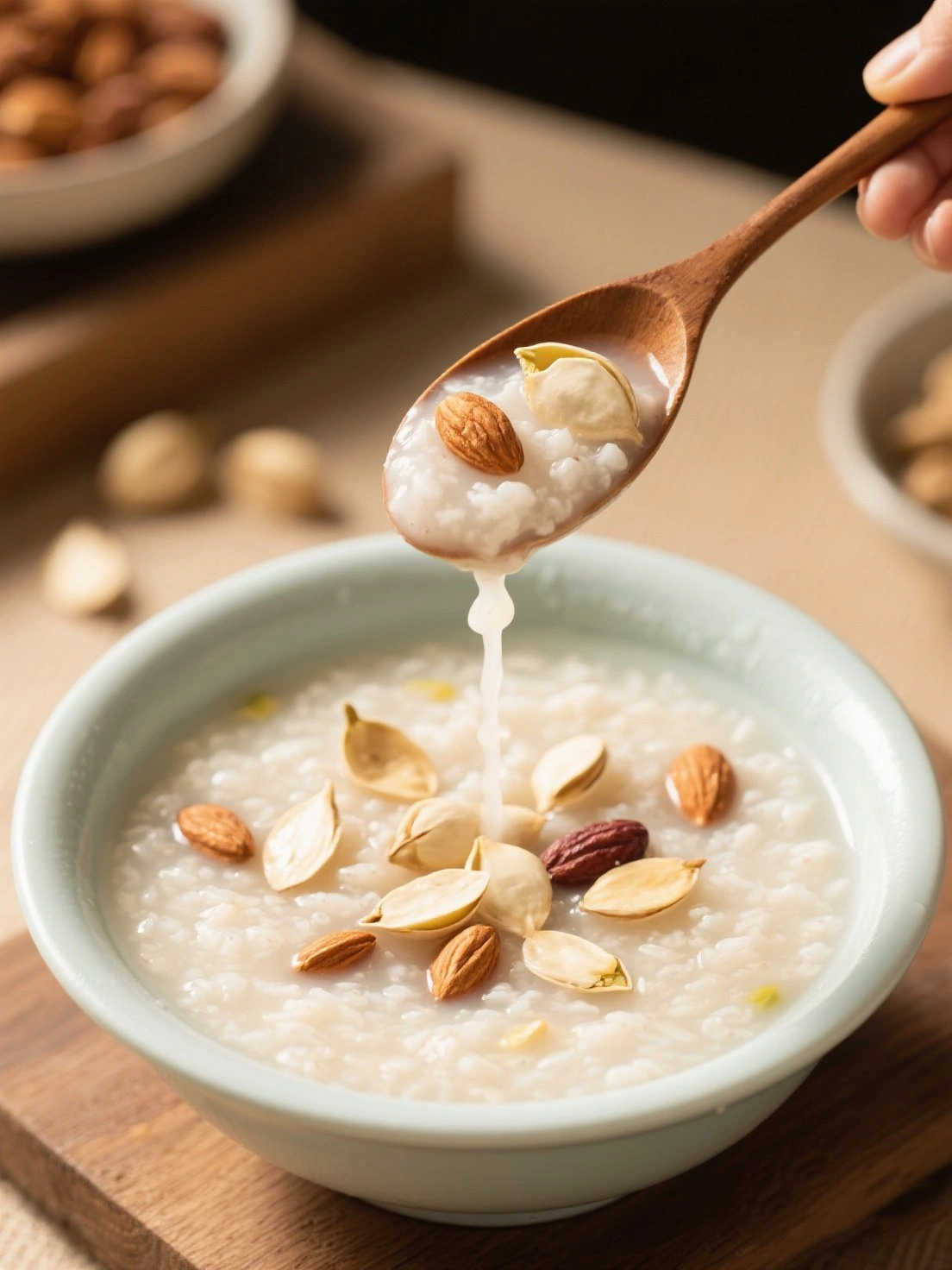Nutritional Value and Health Benefits of Ginkgo Nuts
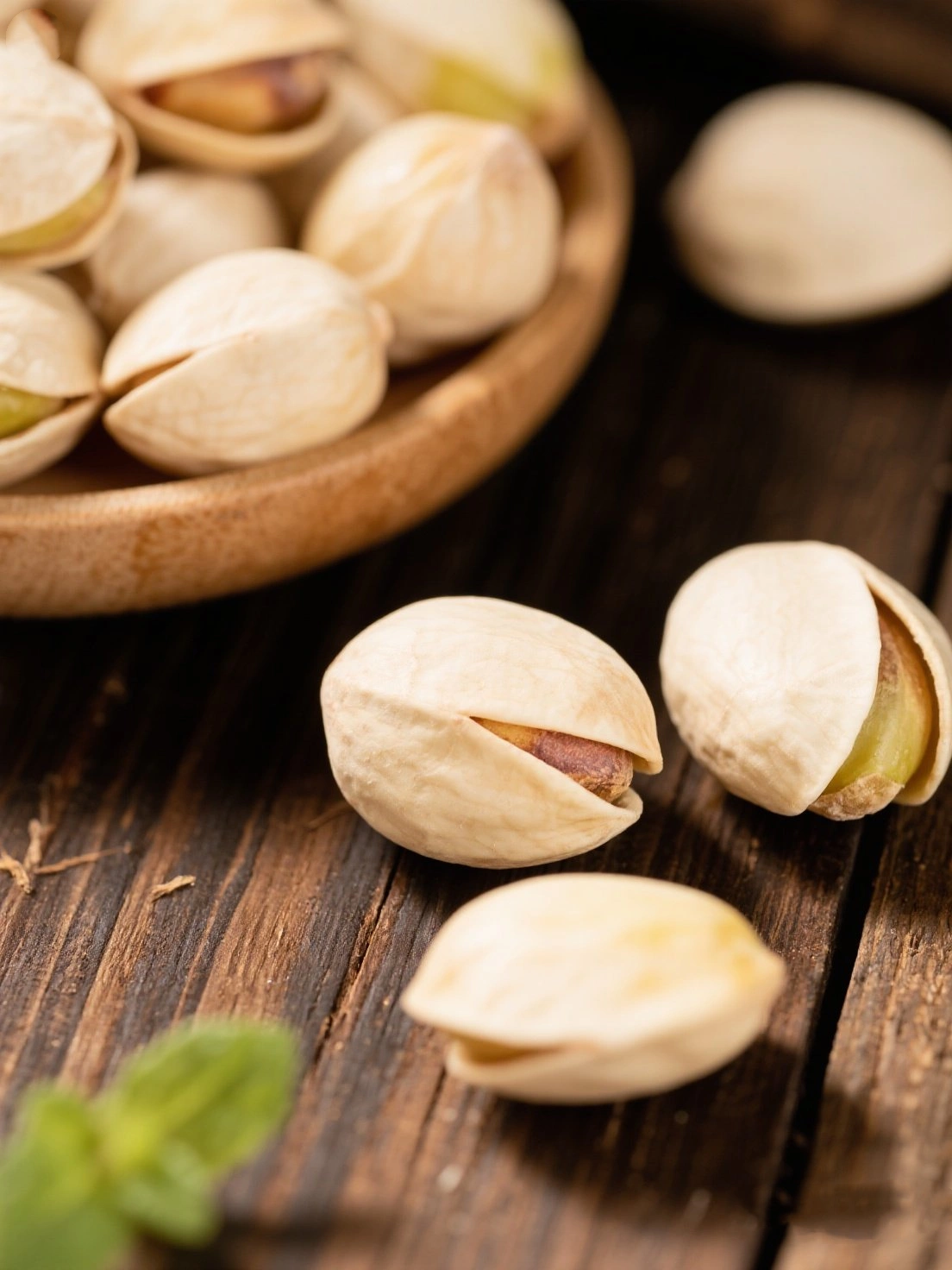
Nutritional Composition (per 100g)
- Calories: 182 kcal - energy-dense nut
- Protein: 4.3g - contains all essential amino acids
- Carbohydrates: 37.6g - mainly starch
- Fat: 1.7g - mostly unsaturated fatty acids
- Vitamin B6: 0.3mg - about 15% of daily needs
- Minerals: Rich in potassium, phosphorus and copper
Health Benefits
- 🌰 Contains unique antioxidants like ginkgolides
- 🌰 May improve blood circulation and brain function
- 🌰 Traditional Chinese medicine values it for lung health
- 🌰 Potential anti-inflammatory properties
- 🌰 May help with respiratory issues
Warning: Ginkgo nuts contain small amounts of toxins and should be consumed in moderation (5-10 per day for adults). Never eat them raw.
Ginkgo Nut Processing
1
Harvesting
- Collected in autumn when fruits fall from trees
- Outer fleshy layer is removed (can cause skin irritation)
- Nuts are washed and dried
2
Shelling
- Hard outer shell is cracked open
- Inner nut is removed carefully
- Thin brown skin is peeled off
3
Processing
- Nuts are typically boiled or roasted
- Heat treatment reduces toxin content
- Can be dried for long-term storage
4
Packaging
- Vacuum-sealed to preserve freshness
- Often sold shelled and ready-to-use
- May be canned in water or syrup
5
Culinary Use
- Used in both sweet and savory dishes
- Common in congee, soups and desserts
- Popular in Chinese and Japanese cuisine
Tip: Look for plump, ivory-colored nuts without dark spots when purchasing.
Ginkgo Nut Processing
See how ginkgo nuts are harvested and prepared for culinary use
Delicious Ginkgo Nut Recipes
From traditional Chinese dishes to modern creations - explore various ways to enjoy ginkgo nuts!
Ginkgo Nut Recipe Video Tutorials
Follow along with these videos to prepare traditional and modern ginkgo nut dishes.
